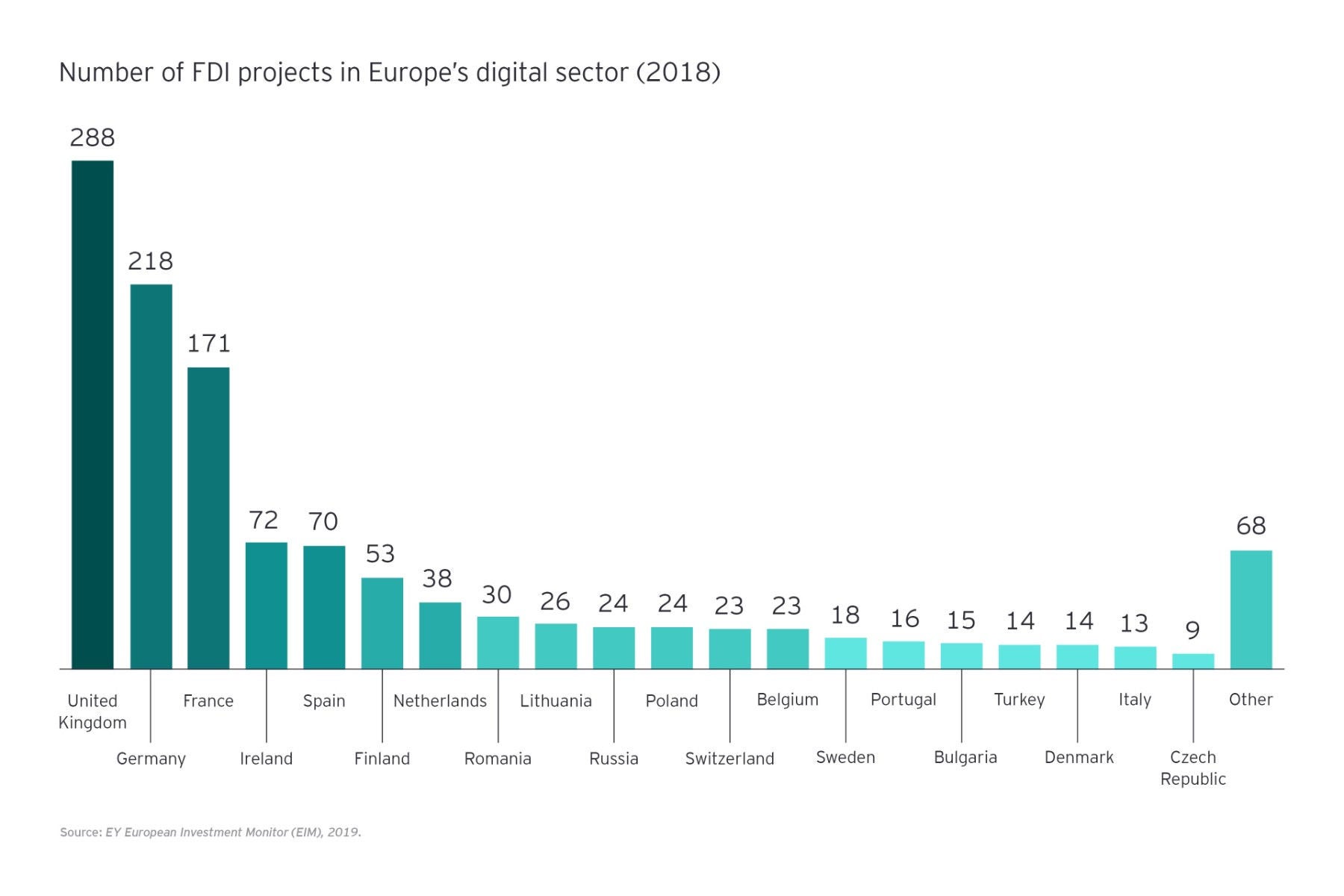EY refers to the global organization, and may refer to one or more, of the member firms of Ernst & Young Global Limited, each of which is a separate legal entity. Ernst & Young Global Limited, a UK company limited by guarantee, does not provide services to clients.
How EY can Help
-
Our People Advisory Services team can help your business build a workforce with the right capabilities, profile and focus to meet your goals. Learn more.
Read more
A continuing skills gap
Today, Europe lacks many important digital skills. Cybersecurity, AI and robotics, and big data and analytics skills are considered most scarce in Europe. Tellingly, 52% of surveyed businesses say the availability of a workforce with technology skills is “critically important” in determining where they invest in Europe. A further 42% say it is an “important” determinant. This makes technology skills the most important factor that determines where businesses invest and, consequently, an area in which the EU can cement its digital competitiveness.
Skills aside, Europe needs a robust digital infrastructure, particularly fast and reliable internet connectivity, to enhance its attractiveness.
The European Union and national governments can bolster digital competitiveness in a host of other ways.
By making improvements in these areas, the EU can boost its digital competitiveness, attract more FDI and, ultimately, increase long-term economic growth and employment.







